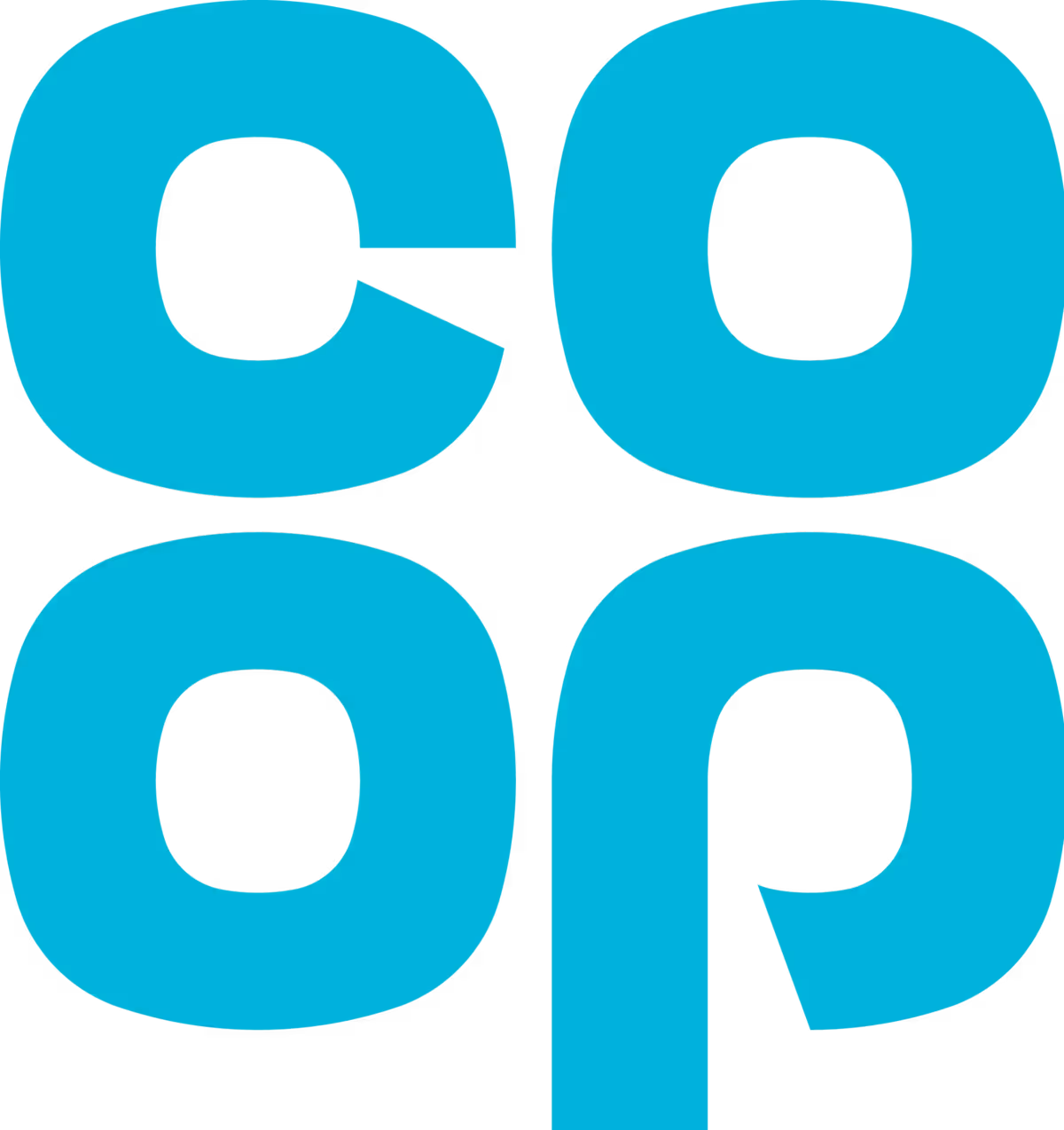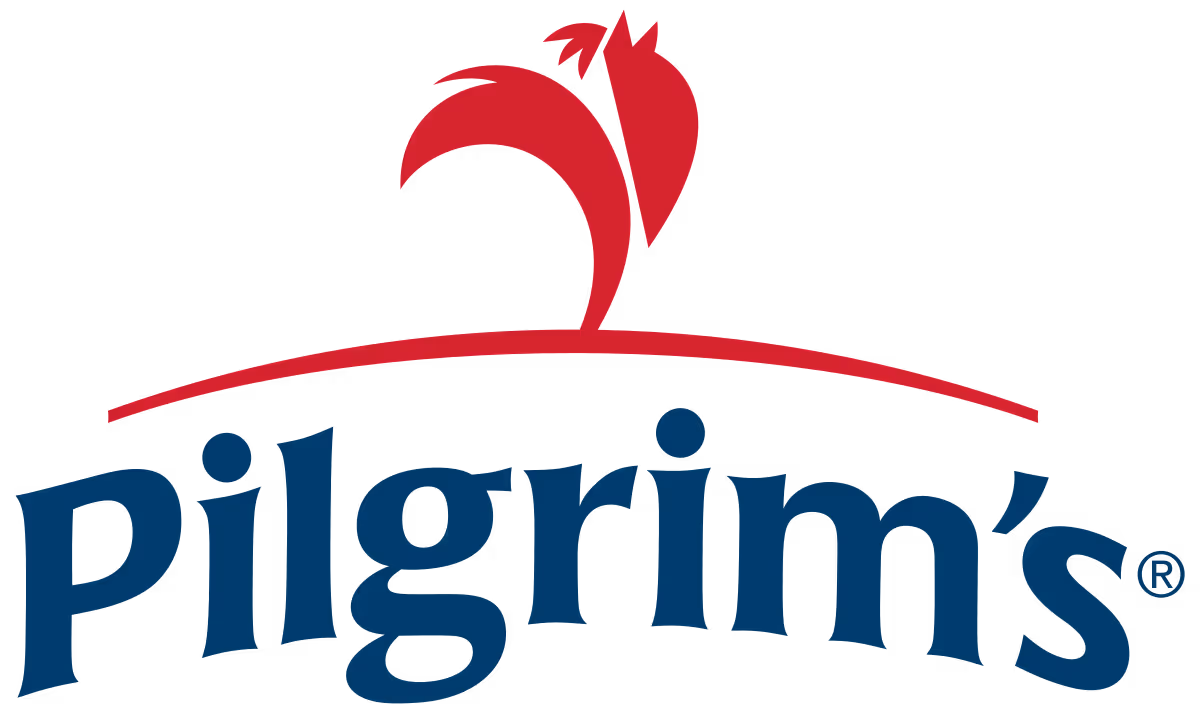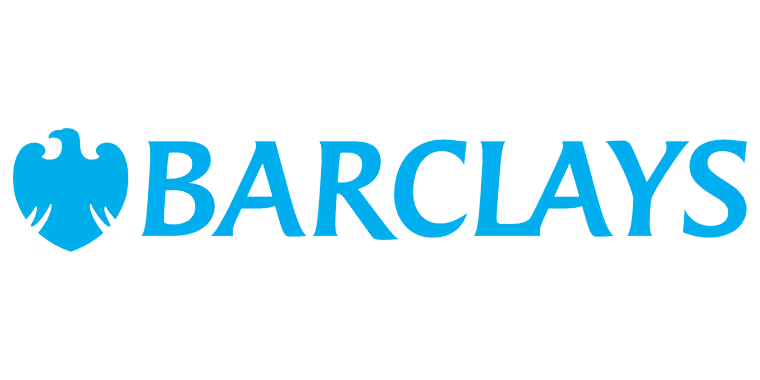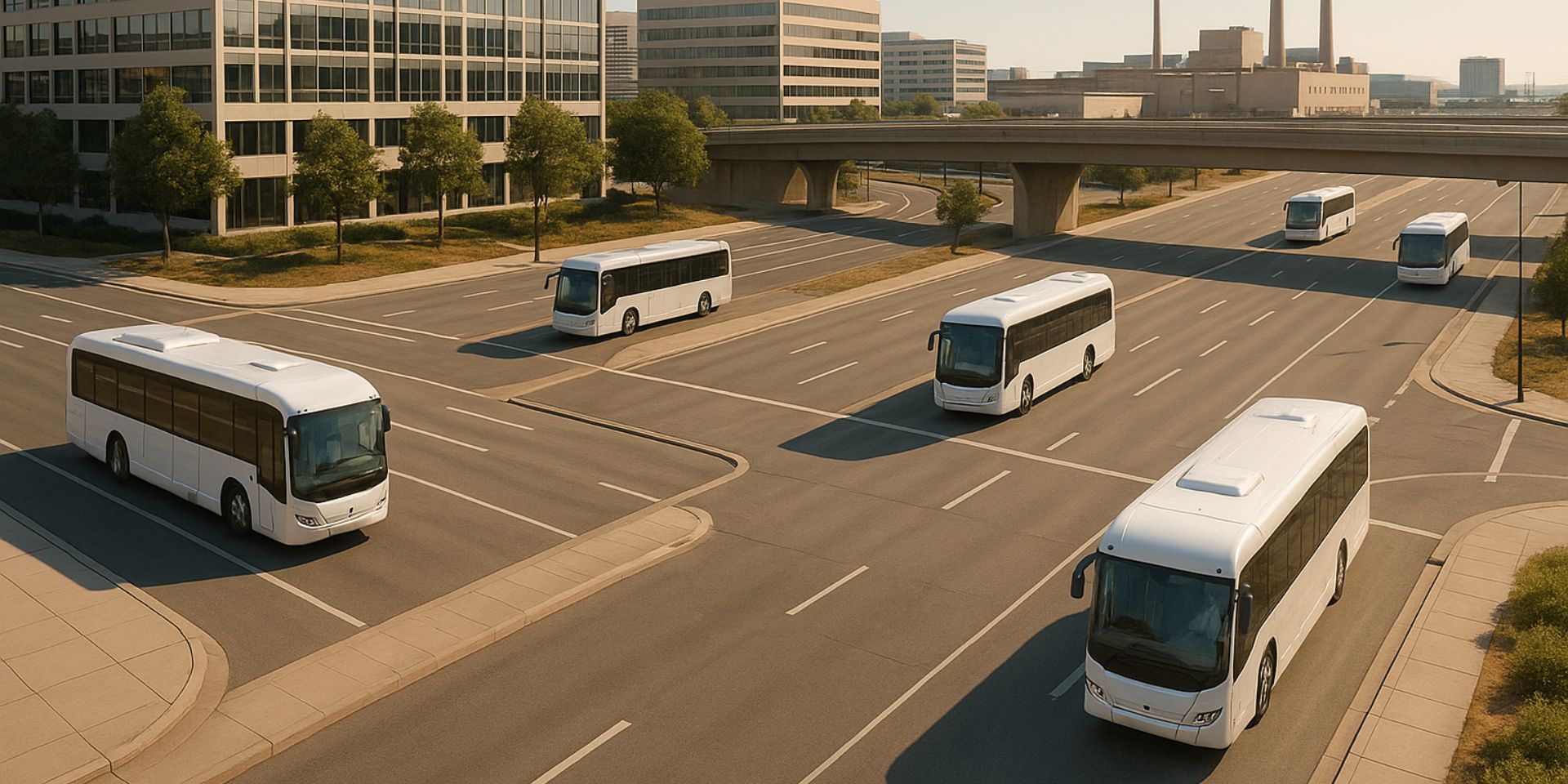How Irish companies are using transportation as a strategic advantage

Transportation is no longer just a cost for Irish businesses - it’s a tool to solve workforce challenges and improve operations. Companies are using better transport systems to attract employees, reduce absenteeism, and manage peak periods. From corporate shuttles to tech-driven solutions, businesses are addressing commuting issues and boosting productivity. Key takeaways:
Transportation is becoming a business asset, helping Irish companies stay competitive in a growing economy.
Transportation Challenges Facing Irish Employers
Ireland's growing economy and thriving business sectors bring plenty of opportunities, but they also highlight a significant issue: transportation. For many companies, transportation challenges don't just affect logistics - they impact employee satisfaction, retention, and overall operational efficiency. These hurdles can make it harder to attract and keep talent in an increasingly competitive market.
Commuting Problems and Limited Connectivity
Outside of Ireland’s major cities, public transit options are sparse, leaving employees in rural areas with long, unpredictable commutes. Industrial parks and business hubs may offer cost and logistical advantages, but they often lack accessible transportation options, forcing many workers to rely on personal vehicles.
These long commutes can take a toll, leading to fatigue and stress that often spill over into the workplace. For shift workers, where punctuality is non-negotiable, unreliable commuting options can pose even greater challenges.
Adding to the difficulty is Ireland’s unpredictable weather. Sudden rain or storms can complicate travel plans, leaving businesses scrambling to cover shifts or maintain operations during critical times. These commuting obstacles often create ripple effects, disrupting workflows and productivity.
Employee Absenteeism and Turnover
Unreliable transportation directly contributes to chronic lateness and absenteeism, which can strain team dynamics and disrupt operations. Employees facing inconsistent commutes often have to make tough choices between showing up for work and managing personal responsibilities, leading to missed days and reduced reliability.
The stress of difficult commutes can also drive higher turnover rates. Workers frequently cite transportation struggles as a reason for leaving their jobs, creating a costly cycle of recruitment and training for employers. When companies fail to address these issues, dissatisfaction grows, and they risk losing valuable team members.
Seasonal and Peak Period Pressures
Transportation challenges become even more pronounced during peak periods, such as holiday seasons or production surges. These times often require rapid workforce expansion, but commuting barriers can make it difficult to staff up quickly, leaving businesses short-handed when they need employees most.
During production ramp-ups, inconsistent attendance caused by transportation issues can disrupt operations and delay deadlines. Companies are then forced to juggle the costs of hiring extra staff with the risk of missed commitments, further complicating their ability to meet demand.
These recurring transportation issues create a vicious cycle, where operational difficulties and workforce dissatisfaction feed into each other. For Irish businesses, addressing these challenges is critical to maintaining their competitive edge and capitalizing on growth opportunities.
Transportation Solutions for Irish Companies
Irish businesses are finding innovative ways to tackle commuting challenges and reduce absenteeism by implementing tailored transportation programs. These initiatives not only address connectivity issues but also deliver real business benefits, turning logistical hurdles into strategic opportunities.
Corporate Shuttle Programs
Corporate shuttle services are becoming a go-to solution for many companies. These shuttles follow structured and predictable routes, overcoming the gaps left by public transit systems. By connecting residential areas directly to workplaces, companies ensure employees have reliable and consistent transportation options.
Last-mile connectivity is a game-changer for businesses located in industrial parks or remote areas. Shuttles bridge the distance between central transit hubs - like train stations or bus stops - and company facilities. This approach makes it possible for businesses to tap into talent pools that might otherwise be out of reach due to transportation limitations.
Park-and-ride systems offer a hybrid solution, combining personal vehicle use with group transportation. Employees drive to designated meeting points and then board company shuttles for the remainder of their commute. This setup is particularly effective for companies with employees spread across large geographic areas, as it reduces individual driving time while maintaining convenience.
One of the biggest strengths of managed shuttle programs is their flexibility. Unlike public transit, these shuttles operate on schedules tailored to business operations, ensuring employees arrive on time for shifts or critical tasks. During peak seasons or periods of rapid hiring, these programs can quickly scale up to meet increased demand, sparing employees the hassle of arranging their own transportation.
The use of technology takes these programs to the next level.
Technology Integration for Efficiency
Modern transportation programs thrive on technology, which ensures smooth operations and transparency for both employees and management. For employees, rider apps provide real-time tracking, schedule updates, and notifications about delays or weather-related changes.
For businesses, client portals offer a bird’s-eye view of the entire transportation program. These platforms provide insights into ridership trends, operational costs, and other key metrics. Management can use this data to adjust routes, increase capacity during peak times, and make informed decisions about improving efficiency. This level of oversight ensures that transportation investments deliver measurable returns.
Optimized routing is another tech-driven feature that streamlines operations. By using real-time data, advanced algorithms consider factors like traffic, employee home locations, and shift schedules to design the most efficient pickup and drop-off routes. This reduces travel time, lowers costs, and enhances the overall experience for employees.
Additionally, 24/7 monitoring and support ensures that transportation programs run smoothly, even when unexpected issues arise. Whether it’s a vehicle breakdown, a traffic jam, or severe weather, real-time tracking allows for quick responses to minimize disruptions. This reliability transforms transportation from a simple employee perk into a dependable business resource.
Beyond operational efficiency, many companies are now prioritizing sustainability in their transportation plans.
Flexible and Carbon-Neutral Solutions
Sustainability is becoming a key focus for Irish companies, and many are opting for carbon-neutral transportation programs. These initiatives offset emissions through verified environmental projects, allowing businesses to support their green goals while providing valuable employee benefits.
Flexibility is another cornerstone of these programs. By offering scalable vehicle options and incorporating carbon-neutral initiatives, companies can adapt to seasonal demands without compromising their sustainability efforts. Environmental impact reporting ensures transparency, helping businesses align their transportation programs with broader sustainability commitments.
Customizable shuttle programs further enhance flexibility by tailoring routes to match unique business needs, such as shift patterns or multiple locations. This adaptability ensures that companies can address specific challenges while staying cost-efficient and environmentally conscious.
Business Results from Transportation Investments
Managed transportation solutions can significantly enhance both employee satisfaction and operational efficiency. These improvements create a ripple effect, positively influencing workforce stability and overall productivity.
Improving Employee Retention and Satisfaction
In Ireland's competitive job market, transportation benefits have become a key strategy for boosting employee loyalty. Companies offering perks like corporate shuttles, bike-to-work programs, or subsidized public transit tickets often see noticeable gains in employee satisfaction and retention. By simplifying the daily commute, these initiatives show employees that their well-being matters. This approach helps cultivate a workplace culture where employees feel valued and supported.
On the flip side, high staff turnover can disrupt service quality, lower team morale, and hurt productivity - all challenges that transportation benefits can help mitigate.
Reducing Absenteeism and Improving Punctuality
Reliable transportation services play a critical role in ensuring employees arrive safely and on time, particularly for shifts outside standard working hours. For example, Zeelo’s transportation services for Avara and Butterball employees have proven effective in supporting late-night, early-morning, and weekend shifts. These solutions provide not only convenience but also peace of mind for employees working non-traditional hours.
Additionally, TFI Smarter Travel highlights reduced absenteeism as a key advantage for employers who encourage sustainable commuting options. With dependable transportation in place, employees are less likely to miss work due to common travel hiccups. The resulting improvements in punctuality further emphasize the value of investing in transportation solutions.
Measuring ROI and Business Impact
The return on investment (ROI) for transportation programs is assessed by weighing their costs against the benefits - such as better attendance, reduced turnover, and higher productivity. Leading companies in Ireland and beyond consider Workplace Travel Plans a fundamental part of their business strategies, viewing them as investments rather than expenses.
Technology plays a pivotal role in maximizing these returns. Data-driven platforms monitor ridership and route performance, enabling continuous improvements. Many successful programs also incorporate sustainability reporting, aligning transportation initiatives with broader environmental goals. This dual focus on operational efficiency and environmental responsibility strengthens the overall case for transportation investments.
Case Studies: Irish Companies Using Transportation Successfully
Transportation solutions are making a measurable difference for Irish businesses across various industries. These case studies highlight how companies are turning transportation challenges into competitive advantages.
Manufacturing: Boosting Production Efficiency
The manufacturing sector in Ireland, which employs over 220,000 people and contributes billions in wages and taxes, depends heavily on dependable transportation. With many facilities operating during off-hours and limited transit options available, reliable employee commutes are critical. Corporate shuttle programs, enhanced by technology that optimizes routes, help streamline shift changes and reduce production delays.
Tech Industry: Enhancing Employee Satisfaction
In Ireland's tech sector, transportation plays a key role in attracting and retaining talent in a highly competitive labor market. Many tech companies, especially those in areas with limited or expensive parking, have introduced shuttle services to ease commuting struggles and improve work-life balance. Features like real-time tracking and mobile booking align with the digital preferences of tech professionals. Additionally, offering carbon-neutral options supports sustainability goals. These services are particularly helpful for employees with flexible schedules or on-call duties, ensuring dependable and stress-free commuting.
Logistics: Meeting Peak Season Demands
The logistics industry in Ireland faces significant challenges during peak periods, with transportation and logistics costs expected to hit approximately US$62.8 billion by 2030. For this sector, reliable transportation is crucial to maintaining smooth operations. With 24/7 staffing needs during busy times, logistics companies rely on shuttle programs to ensure timely onboarding and consistent attendance. Advanced transportation management tools, powered by telematics and AI, optimize routes, while shared shuttle services reduce the environmental footprint by consolidating trips.
Transportation as a Long-Term Growth Tool
Transportation has evolved into much more than a way to get from point A to point B - it's becoming a powerful driver of business growth. By making strategic investments in transportation, companies can address workforce challenges and position themselves for long-term success. In Ireland, businesses are increasingly turning to managed transportation programs to tackle these challenges head-on.
Why Transportation Matters for Business
Improved transportation systems do more than just ease the daily commute. They help reduce obstacles that employees face, improve retention rates, and create smoother day-to-day operations. For example, dependable transit options can cut down on absenteeism and ensure that employees can remain productive, even during peak periods or bad weather.
A strong transportation network also provides a safety net during disruptions, whether it’s unexpected demand surges or adverse conditions. This kind of resilience is crucial for maintaining operations and staying competitive.
Turning Transportation Into a Competitive Edge
Irish companies are rethinking transportation as a strategic asset rather than just another expense line. Managed transportation programs are proving to be a game-changer by simplifying hiring processes, lowering operational costs, and supporting sustainability goals.
The adaptability of modern transportation solutions is another key advantage. These systems can scale up or down as business needs change, offering flexibility in a fast-moving world. With technology like real-time tracking, route optimization, and performance analytics, transportation is no longer just a support function - it’s a sophisticated tool that helps companies stay ahead.
FAQs
How can corporate shuttle programs help Irish businesses address transportation challenges?
Corporate shuttle programs offer Irish businesses a smart way to tackle transportation issues while keeping employee commutes hassle-free. By shortening travel times and reducing the stress of getting to work, these shuttles can boost workplace productivity. They also play a key role in keeping employees happy and engaged by providing a dependable and convenient way to commute.
On top of that, corporate shuttles help reduce the number of cars on the road, which means fewer emissions - a win for the environment. During busy times, like holiday hiring seasons or production spikes, these programs ensure workers show up on time and ready to perform. The result? A clear return on investment that meets both workforce and logistical demands.
How does technology improve transportation solutions for businesses?
Technology has become a game-changer in transforming how businesses manage transportation, making processes smoother and more cost-efficient. Tools like real-time tracking and route optimization help businesses minimize delays, cut down on fuel expenses, and enhance safety. On top of that, automation systems simplify scheduling and reduce the likelihood of human errors, leading to more dependable services.
On the workforce side, cutting-edge technologies like AI are improving employee commute experiences, which can have a positive impact on both retention and productivity. These advancements make it easier for businesses to respond to shifting demands, whether it’s during busy hiring periods or times of operational growth, offering clear advantages for both employers and their teams.
How can investing in transportation solutions support sustainability goals and drive business growth?
Investing in smarter transportation solutions can be a game-changer for businesses aiming to meet sustainability goals while driving growth. By implementing eco-friendly options like corporate shuttles or streamlined routes, companies can cut down on greenhouse gas emissions, use less fuel, and shrink their overall environmental impact. These steps not only help businesses stay compliant with environmental regulations but also position them as socially responsible leaders in their industries.
On top of that, sustainable transportation strategies can significantly reduce costs by improving efficiency and cutting operational expenses. They also appeal to eco-conscious employees and customers, building loyalty and strengthening the company's competitive position. When businesses align their transportation efforts with broader sustainability goals, they create lasting value and contribute to a cleaner, greener future.
We help companies and schools achieve their transportation program goals
Corporate shuttles


Warehouse/Distribution


Schools & Universities


Become a partner


Want to know how we can help you?












